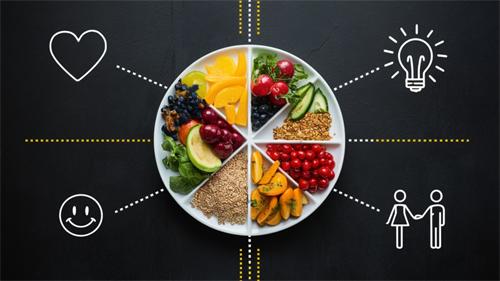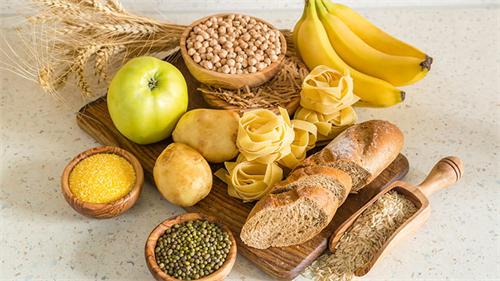Why ‘Slow Living’ Is the Antidote to Burnout in a Hyper-Connected World?

In today’s hyper-connected, always-on society, burnout has become a pervasive challenge, sparking a growing interest in “slow living” as a meaningful antidote.
Slow living finds its genesis in the Italian Slow Food movement, founded in 1986 by Carlo Petrini as a protest against the rapid spread of fast-food culture and a celebration of traditional, high-quality food production techniques. Over time, this culinary philosophy expanded into a broader lifestyle movement, influencing domains such as work (“slow work”), finance (“slow money”), and urban planning (“slow cities”) to address the social and environmental costs of unchecked consumerism and acceleration.
At its heart, slow living is a mindset that values presence, intentionality, and sustainable choices over haste and quantity. Proponents often invoke the acronym S·L·O·W—Sustainable, Local, Organic, Whole—to guide decisions about food, consumption, and activities. Rather than succumbing to the culture of multitasking and speed, slow living encourages “doing everything as well as possible instead of as fast as possible,” fostering deeper engagement with each moment.
Why Slow Living Counters Burnout?
Burnout arises not only from excessive work hours but also from chronic over-giving, relentless connectivity, and a constant race for metrics of success. Constant activity damages mental health, resulting in physical illnesses, anxiety, and sleeplessness, according to research. Slow living offers an antidote by intentionally carving out space for rest, reflection, and unstructured time—elements essential for psychological recovery and resilience. As one advocate notes, slowing down allows us to “stop and smell the roses,” a metaphor for reclaiming sensory experiences and emotional well-being in a fast-paced world.
Benefits of Embracing Slow Living
Enhanced Mental and Emotional Well-Being
Adopting a slower pace has been linked to reduced stress, lower anxiety levels, and improved sleep quality by mitigating the cognitive overload of digital notifications and tight schedules. When people prioritize activities that align with their basic beliefs, they report feeling more content and having a revitalized sense of purpose.
Stronger Relationships
By intentionally scheduling time for family, friends, and community, individuals build deeper connections through shared experiences—whether it’s preparing meals together from scratch or engaging in unhurried conversation—fostering trust and belonging.
Boosted Creativity and Curiosity
Moments of stillness and leisure invite the mind to wander, a state proven to spark creative insights and rekindle passions that chronic busyness often suppresses. Many practitioners rediscover hobbies—gardening, knitting, writing—that flourish when pace is no longer the enemy.
In a world defined by ceaseless notifications, infinite scrolls, and a glorification of hustle, slow living offers a grounded alternative rooted in intentionality, quality, and presence. By realigning daily choices with the enduring values summarized in S·L·O·W—Sustainable, Local, Organic, Whole—individuals can dismantle the machinery of burnout and rediscover life’s simple joys. The journey toward a slower life is neither instant nor effortless, yet its rewards—enhanced well-being, richer relationships, and revived creativity—demonstrate that sometimes, the boldest act of rebellion is simply to slow down.



